Voters Say Clinton More Qualified Than Trump for Presidency
Voters still think Hillary Clinton is more fit to be president than Donald Trump.

Voters still think Hillary Clinton is more fit to be president than Donald Trump.

Whatever happened to "I Am Woman, Hear Me Roar"? Whither "Girl Power"? When did Rosie the Riveter's "We Can Do It!" give way to Hillary the Haranguer's "We Can't Handle It"?
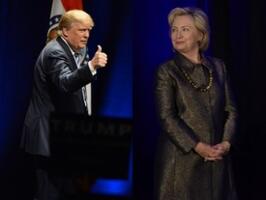
Voters think taxes and government spending will increase under a Hillary Clinton presidency but are less certain what will happen if Donald Trump is elected.

Celebrating the racial diversity of the Charlotte protesters last week, William Barber II, chairman of the North Carolina NAACP, proudly proclaimed, "This is what democracy looks like."

Back in the 1960s, as large numbers of black students were entering a certain Ivy League university for the first time, someone asked a chemistry professor -- off the record -- what his response to them was. He said, "I give them all A's and B's. To hell with them."

The first debate is over! At least everyone survived.
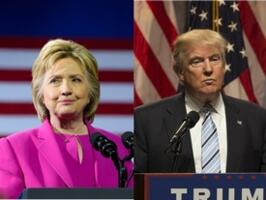
Hyper-competent bureaucrat vs. changemaker – that’s the choice Hillary Clinton and Donald Trump laid out for Americans at their first debate.

As America goes into the debates that could decide the next president, only 28% of Likely U.S. Voters think the country is heading in the right direction, according to a new Rasmussen Reports national telephone and online survey for the week ending September 22.

Voters think President Obama and Hillary Clinton are more likely to side with the protestors in situations like the recent one in Charlotte, N.C., but strongly believe Donald Trump is on the side of the cops.

Voters are pretty convinced the moderators at the presidential debates scheduled to begin tonight will be helping Hillary Clinton more than Donald Trump.
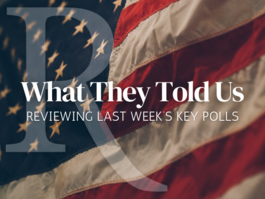
Hillary Clinton and Donald Trump enter their first debate Monday night with new terrorist attacks fresh in voters’ minds and another U.S. city burning.

Hillary Clinton supporters are freaking out. And rightfully so! Eight weeks from Election Day, she and Trump are basically neck and neck. And that's before the three presidential debates, which I not only expect him to win, but can't imagine a scenario in which she does not lose.
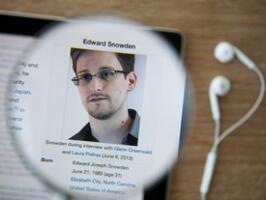
Edward J. Snowden, the man who exposed the federal government’s surveillance of millions of innocent Americans in the name of national security, is the subject of a major new film and a growing effort to have him pardoned for revealing some of the nation’s top secrets. Voters still aren’t convinced Snowden is a traitor, but they’re not ready to pardon him yet either.

On one of my first trips to New Hampshire in 1991, to challenge President George H. W. Bush, I ran into Sen. Eugene McCarthy.

The first televised debate between Hillary Clinton and Donald Trump is set for Monday evening, and voters - particularly those within the two major parties - place more importance on the debates this election cycle than they have in past years.

There's been lots of speculation about the fate of the Republican Party if (as most of the prognosticators expect and hope) Donald Trump loses. There's been less speculation, though recent polling suggests it may be in order, about the fate of the Democratic Party if Hillary Clinton loses.

Opponents of the Dakota Access Pipeline, set to run oil from the Dakotas to Illinois, got the project temporarily shut down last week. Tribal nations and green groups argue that the pipeline will destroy cultural and environmental sites, but voters believe it’s entirely possible to build a pipeline like this without doing that kind of damage.
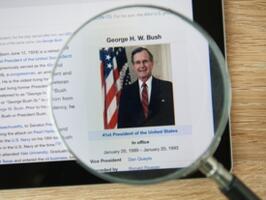
Former President George H.W. Bush who along with the rest of his family boycotted July's Republican National Convention was outed on social media this week as planning to vote for Hillary Clinton. Bush has not confirmed his vote to the media, but his reported decision has little impact on voters, especially his fellow Republicans.
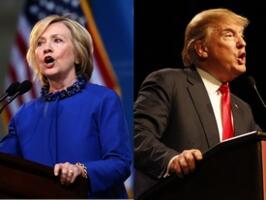
It’s hard to remember a time when the debates were so critical to the outcome of a presidential election.

To slightly modify Ronald Reagan’s famous rejoinder to Jimmy Carter in their single debate in 1980 (“There you go again”), here we go again — into the debate season.